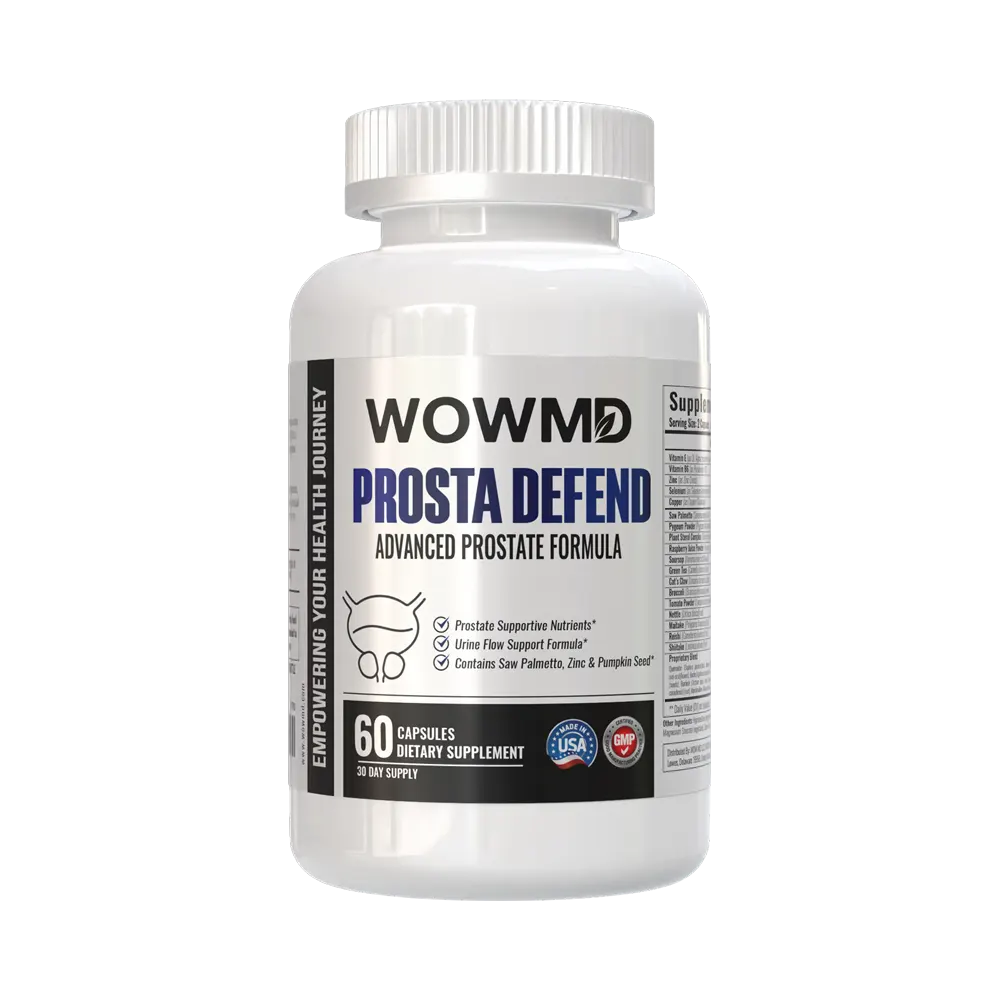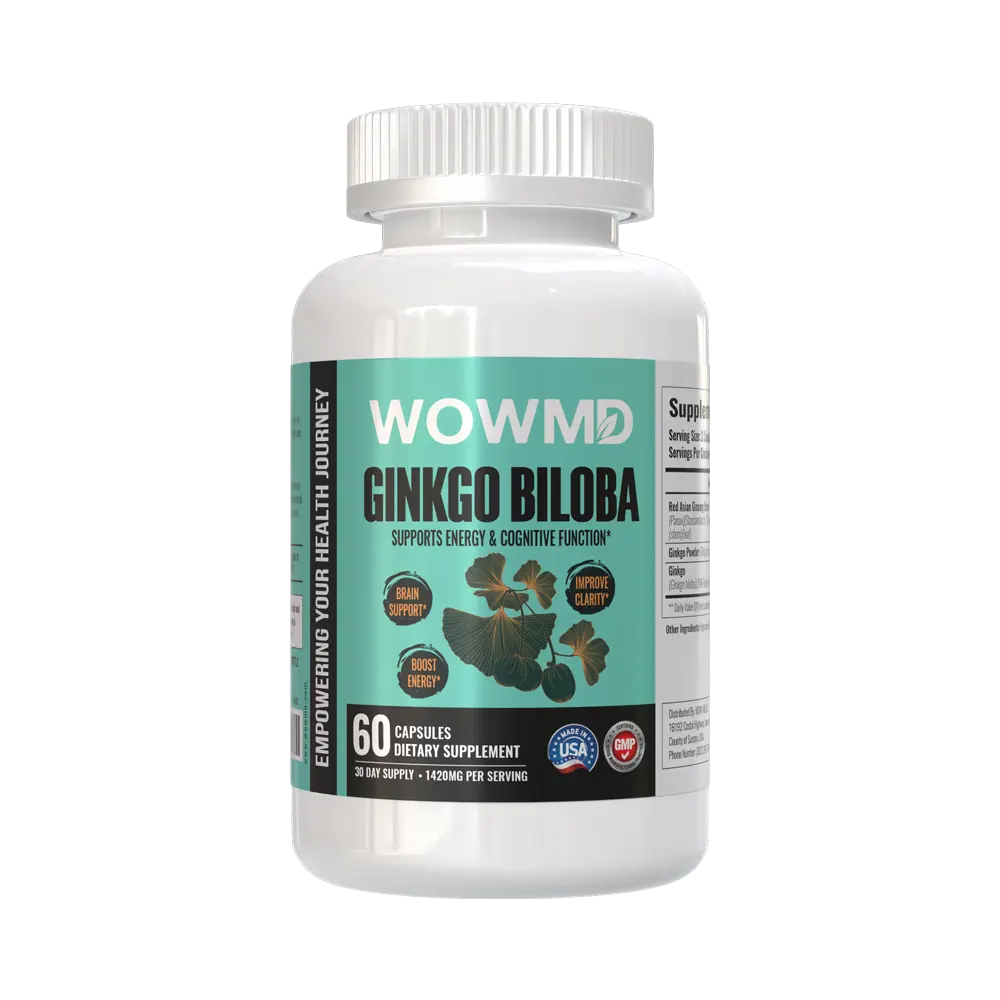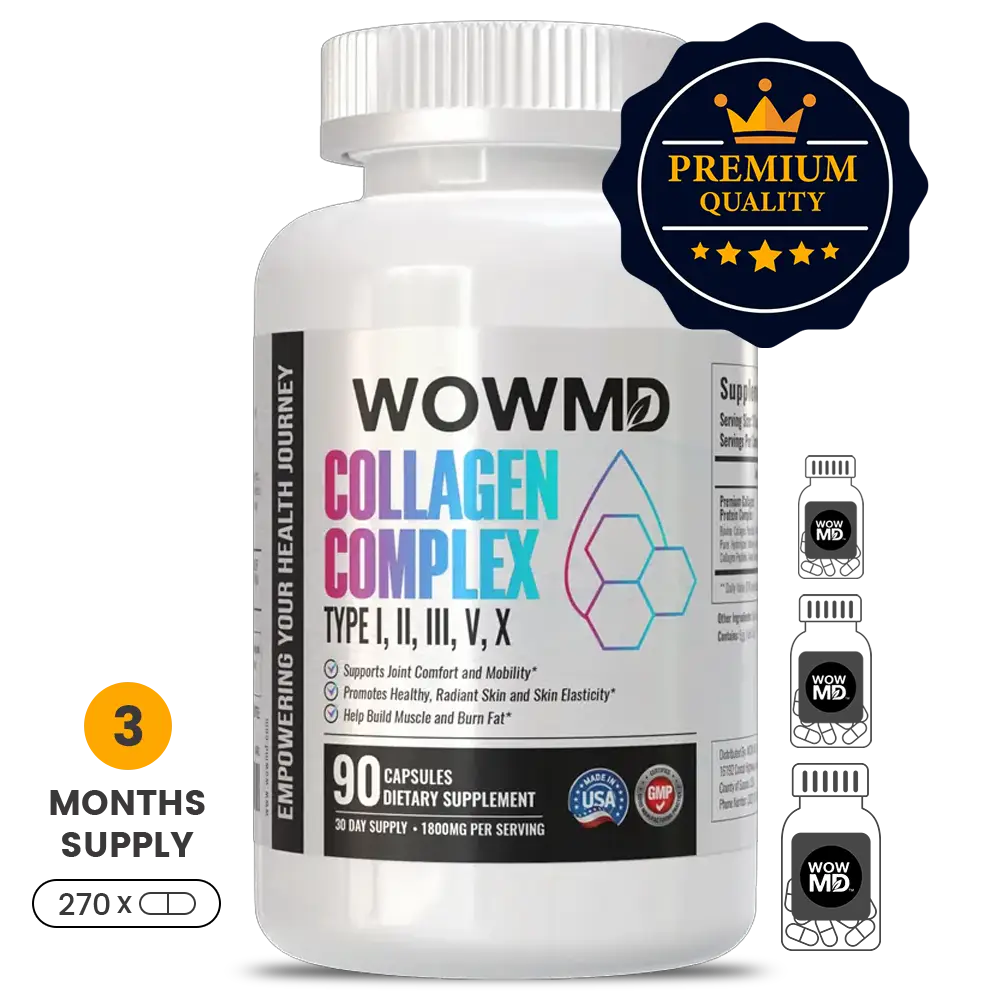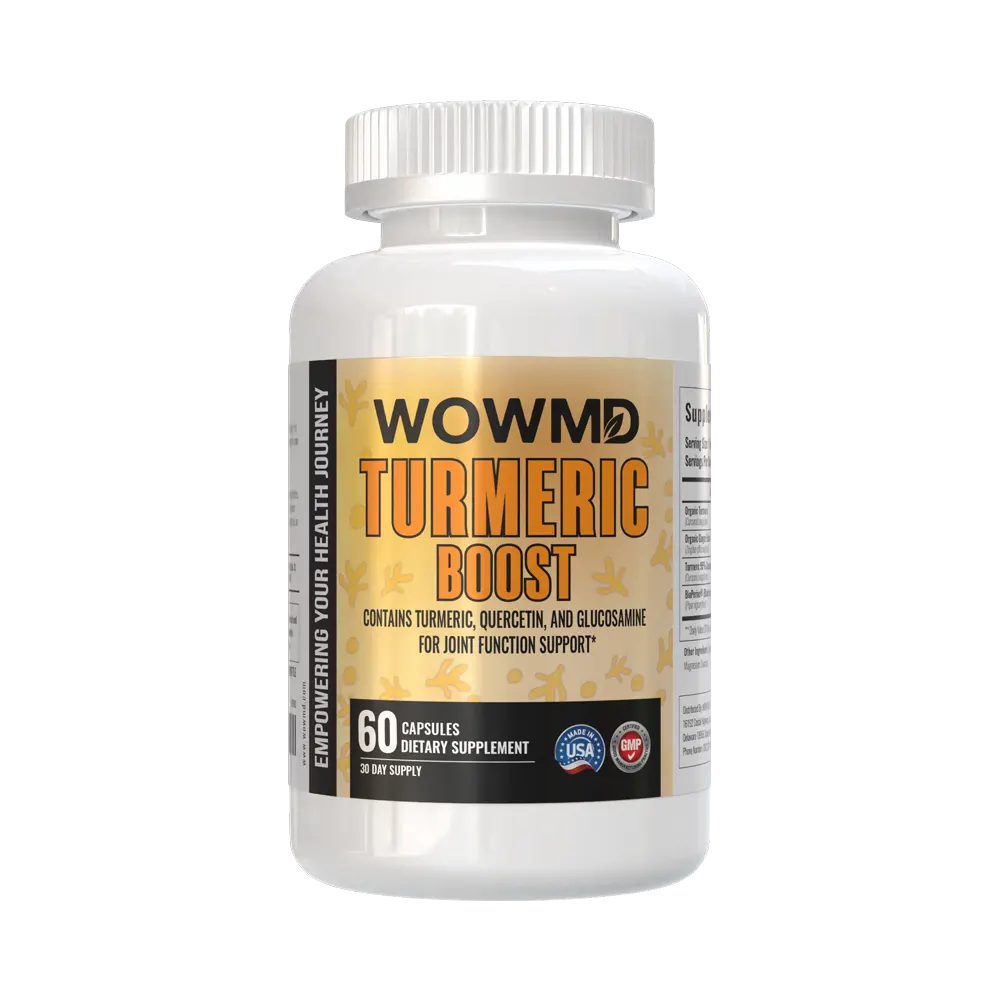Best Supplements for Long-Term Brain Health
How can you support long-term brain health? Learn about the best supplements to protect memory and cognitive function from age-related decline.

Popular Stories
- Melatonin Benefits: For Sleep Support, Anti-Aging and Many More
- What Are The Benefits of Horny Goat Weed? Benefits and Uses
- Resveratrol vs Grape Seed Extract: Explained in Simple Terms
- Ginseng and for Brain Health
- Retinol Skin Care Benefits: All You Need to Know
- The 8 Best Vitamins & Supplements For Boosting Metabolism (Naturally)
References
- Oxidative Stress and the Aging Brain: From Theory to Prevention - https://www.ncbi.nlm.nih.gov/books/NBK3869/
- Vitamin C Function in the Brain: Vital Role of the Ascorbate Transporter (SVCT2) - https://pmc.ncbi.nlm.nih.gov/articles/PMC2649700/
- Dietary intake of berries and flavonoids in relation to cognitive decline - https://pmc.ncbi.nlm.nih.gov/articles/PMC3582325/
- The Importance of Marine Omega-3s for Brain Development and the Prevention and Treatment of Behavior, Mood, and Other Brain Disorders - https://pmc.ncbi.nlm.nih.gov/articles/PMC7468918/
- Ginkgo biloba - https://www.mountsinai.org/health-library/herb/ginkgo-biloba
- Rhodiola rosea - https://www.sciencedirect.com/topics/agricultural-and-biological-sciences/rhodiola-rosea
- Improving Cognitive Function with Nutritional Supplements in Aging: A Comprehensive Narrative Review of Clinical Studies Investigating the Effects of Vitamins, Minerals, Antioxidants, and Other Dietary Supplements - https://www.mdpi.com/2072-6643/15/24/5116
- Prevalence of Vitamin D Deficiency and Associated Risk Factors in the US Population (2011-2012)- https://pmc.ncbi.nlm.nih.gov/articles/PMC6075634/
- Magnesium and stress - https://www.ncbi.nlm.nih.gov/books/NBK507250/
- Zinc in Cognitive Impairment and Aging - https://pmc.ncbi.nlm.nih.gov/articles/PMC9312494/


 Skin Detoxification Bundle
Skin Detoxification Bundle Complete Weight Loss Bundle
Complete Weight Loss Bundle Heart Care Bundle
Heart Care Bundle Better Immunity Bundle
Better Immunity Bundle  Men's Immunity & Prostate Health Bundle
Men's Immunity & Prostate Health Bundle Stress + Energy + Wellness Combo
Stress + Energy + Wellness Combo  Energy Booster Combo
Energy Booster Combo Natural Skin Care Bundle
Natural Skin Care Bundle Workout Supplements Combo
Workout Supplements Combo Cognitive Health & Vision Combo
Cognitive Health & Vision Combo Joint Health Support Combo
Joint Health Support Combo





































